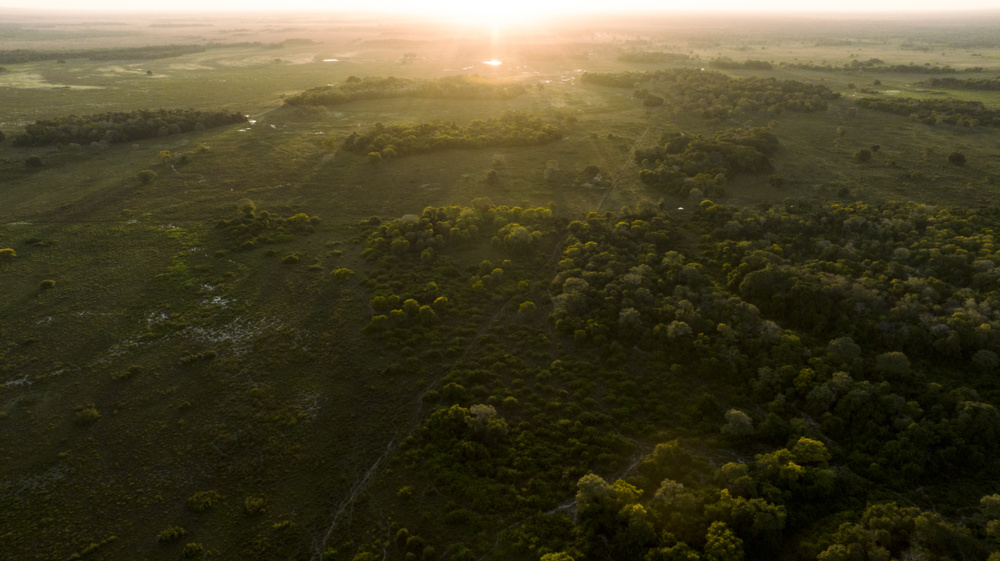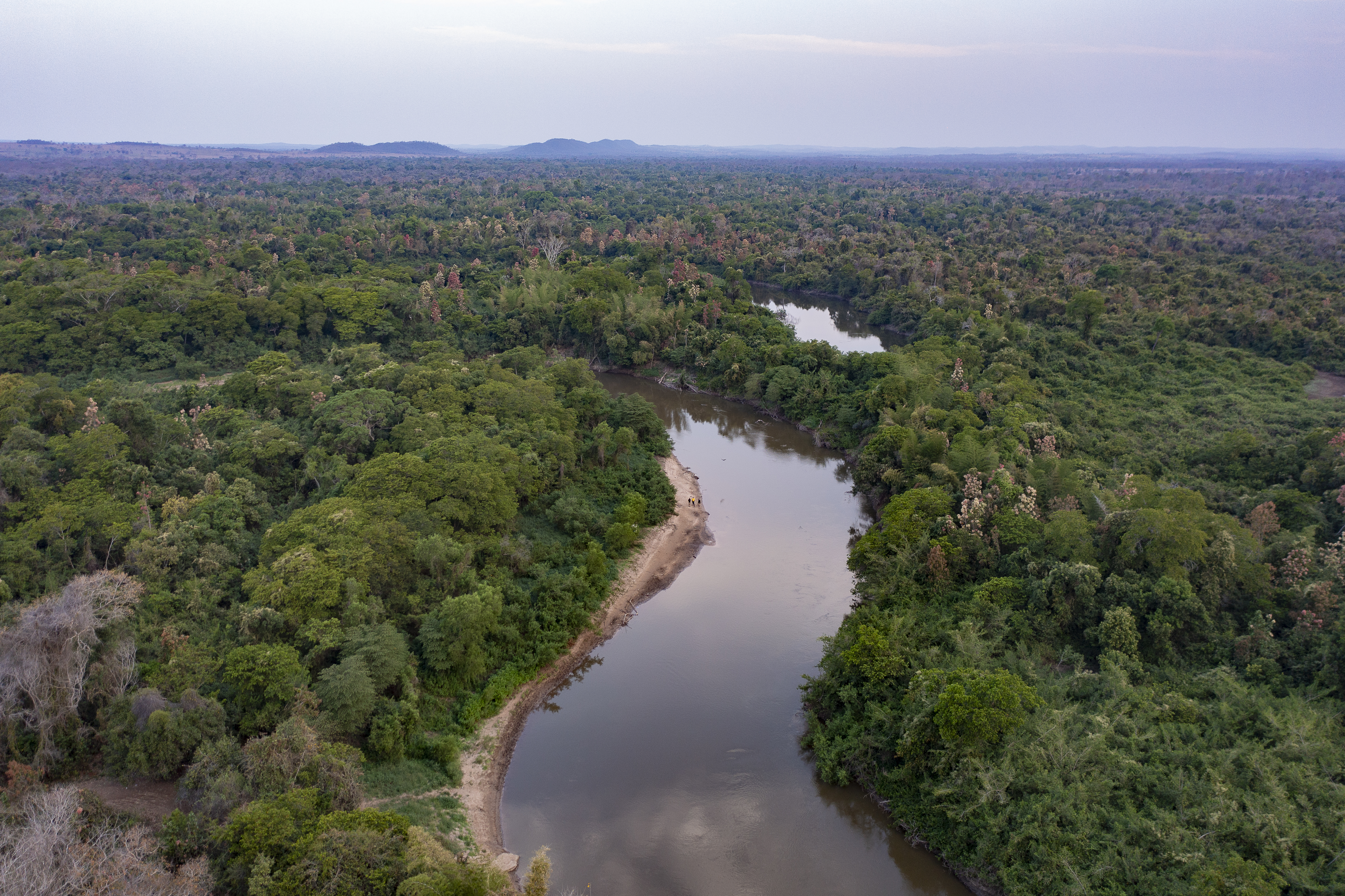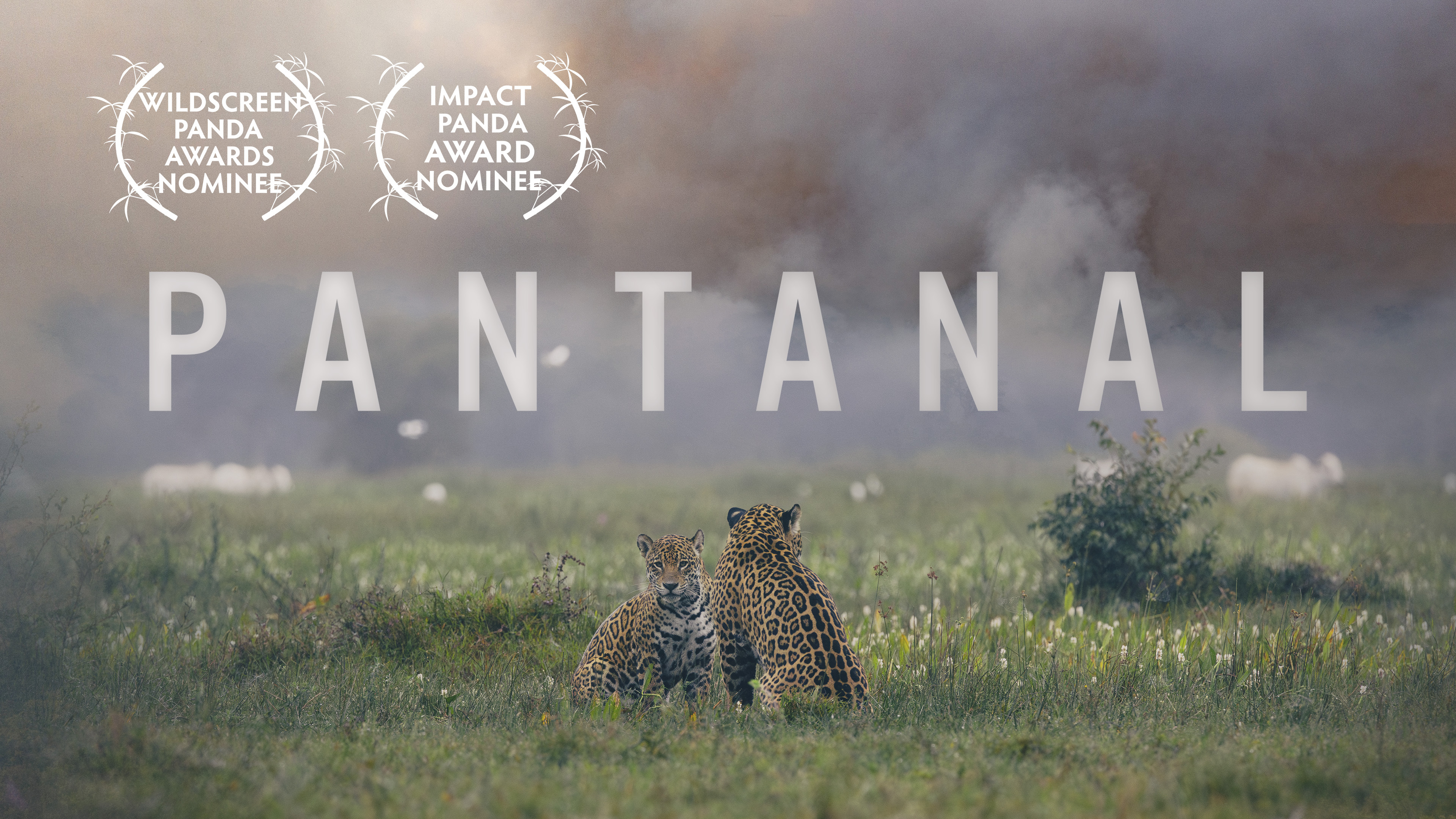
Freshwater wetlands: the world’s overlooked climate heroes are disappearing, warns new report
Freshwater wetlands: the world’s overlooked climate heroes are disappearing, warns new report
16 October 2025, 16:30, Brasília
A new report from the Environmental Justice Foundation (EJF) warns that freshwater wetlands, from the Congo Basin to Southeast Asia and the Pantanal in Brazil, are among the planet’s most powerful but neglected natural climate allies. These ecosystems store vast amounts of carbon, regulate water flows, and sustain biodiversity and livelihoods worldwide. Yet they are being drained, burned, and destroyed at alarming rates, setting off a ‘carbon bomb’ and fatally undermining global climate goals.
The report, launched at the European Union Delegation in Brasília, calls for urgent international action to put wetlands at the centre of climate negotiations at COP30, to be hosted by Brazil in November. It urges governments to integrate wetland conservation into national climate plans and to scale up funding for nature-based solutions that support people and protect biodiversity.
EJF’s analysis reveals that the central Congo Basin peatlands alone store around 29 billion tonnes of carbon, equivalent to 33 years of EU greenhouse gas emissions, and three times as much of the Pantanal wetland contains peat soils by area compared to Amazonia. Yet globally, wetlands are disappearing three times faster than forests, releasing vast stores of carbon accumulated over millennia.
The launch event was attended by the European Union Ambassador to Brazil, Marian Schuegraf; the President of FUNAI, Joênia Wapichana; the COP30 Special Envoy, Jurema Werneck; senators from Mato Grosso, and several ambassadors and civil society representatives.
“We see very positively how the Pantanal community has been committed to actions focused on the bioeconomy, the restoration of degraded areas, and sustainable tourism. We know that the Pantanal and other biomes have the potential not only to endure but to thrive when we align environmental conservation with job creation and income generation,” said the European Union Ambassador to Brazil, Marian Schuegraf.
“We are witnessing the slow death of ecosystems that quietly regulate our planet’s climate,” said Luciana Leite, EJF’s Chief Representative for Brazil. “Brazil’s role as COP30 host brings a critical opportunity to lead by example, but the rest of the world must step up too. Protecting wetlands like the Pantanal must be at the heart of global climate action. These are not marginal lands; they are our natural life-support systems. Protecting and restoring them is essential to avert climate breakdown.”
The report sets out ten key recommendations, including integrating wetland protection into Nationally Determined Contributions (NDCs), introducing legislation to maintain hydrological connectivity, and redirecting harmful subsidies toward restoration. It also calls for the inclusion of wetland emissions and restoration in national greenhouse gas inventories and increased research into tropical peatlands.
“Every fraction of a degree matters, and every hectare of wetland preserved can help keep us within safe planetary limits,” said Steve Trent, CEO of the Environmental Justice Foundation. “At COP30, governments must recognise that freshwater wetlands are irreplaceable carbon vaults and vital homes for people and wildlife. Protecting them is fundamental to stopping runaway climate chaos and securing a livable future.”
EJF warns that finance for nature-based solutions remains far below what is needed, and that protecting freshwater wetlands could deliver rapid, lasting benefits for people, nature, and the climate if world leaders act now.
ENDS
Notes to editors
The national delegations represented at the event were Cyprus, France, Czechia, Switzerland, Ireland, Germany, Slovenia, Belgium and the Netherlands.
About EJF
Our work to secure environmental justice aims to protect our global climate, ocean, forests, wetlands, wildlife and defend the fundamental human right to a secure natural environment, recognising that all other rights are contingent on this. EJF works internationally to inform policy and drive systemic, durable reforms to protect our environment and defend human rights. We investigate and expose abuses and support environmental defenders, Indigenous peoples, communities, and independent journalists on the frontlines of environmental injustice. Our campaigns aim to secure peaceful, equitable and sustainable futures. Our investigators, researchers, filmmakers, and campaigners work with grassroots partners and environmental defenders across the globe. For more information or to organise an interview with one of our team, please contact media@ejfoundation.org.
SIGN UP FOR OUR EMAILS AND STAY UP TO DATE WITH EJF

